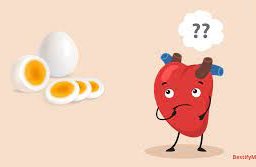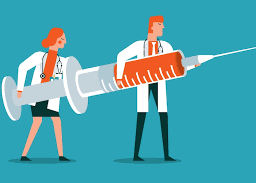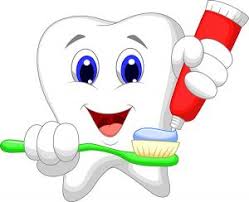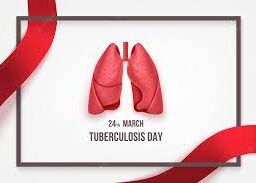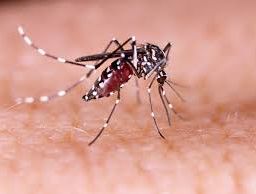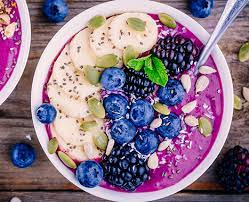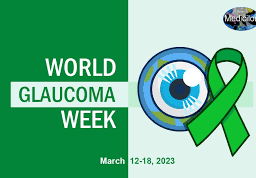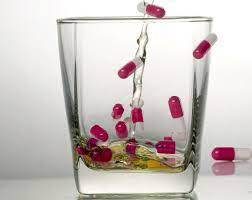
Avoiding Alcohol Medication Risks: How to Stay Safe While Using Prescriptions
Discover the potential dangers of mixing alcohol with medication in this insightful article. We’ll delve into the risks and essential prevention measures to ensure a safer and healthier approach to consuming alcohol alongside your prescribed medications.
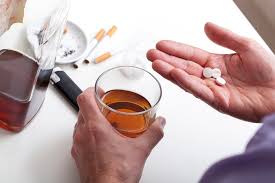
Alcohol is a common social lubricant that many people enjoy. However, when mixed with medication, it can have serious consequences. Mixing alcohol with medication can lead to unexpected side effects, such as drowsiness, dizziness, and impaired judgment.
The Risks of Mixing Alcohol with Medication
This practice can have a range of negative effects on the body. For example, it can increase the sedative effects of some medications, such as sleeping pills and antidepressants. This can lead to drowsiness, dizziness, and impaired judgment, which can be dangerous if you are driving or operating heavy machinery.
Alcohol can also interfere with the absorption and metabolism of certain medications, making them less effective or more toxic. This can lead to serious health problems, such as liver damage, kidney damage, and even death. Additionally, alcohol can worsen the side effects of some medications, such as nausea, vomiting, and headaches.
How to Avoid the Risks of Mixing Alcohol with Medication
To avoid this practice, it is important to read the labels on your medications carefully. Many medications come with warnings about drinking alcohol while taking them. If you are unsure about whether it is safe to drink alcohol while taking a particular medication, consult your doctor or pharmacist.
It is also important to be aware of how much alcohol you are consuming. The National Institute on Alcohol Abuse and Alcoholism recommends that men should not consume more than four drinks per day, and women should not consume more than three drinks per day. Additionally, it is important to avoid binge drinking, which is defined as consuming five or more drinks in two hours for men, and four or more drinks in two hours for women.
The Bottom Line
Mixing alcohol with medication can have serious consequences for your health and well-being. To avoid these risks, it is important to read the labels on your medications carefully and consult your doctor or pharmacist if you are unsure about whether it is safe to drink alcohol while taking a particular medication. Additionally, it is important to be aware of how much alcohol you are consuming and to avoid binge drinking. By following these guidelines, you can enjoy alcohol responsibly and safely.
Disclaimer: The information provided in this content is for general informational purposes only. It is not intended as medical or healthcare advice, diagnosis, or treatment. Always seek the advice of a qualified healthcare professional with any questions you may have regarding a medical condition or healthcare decisions.



